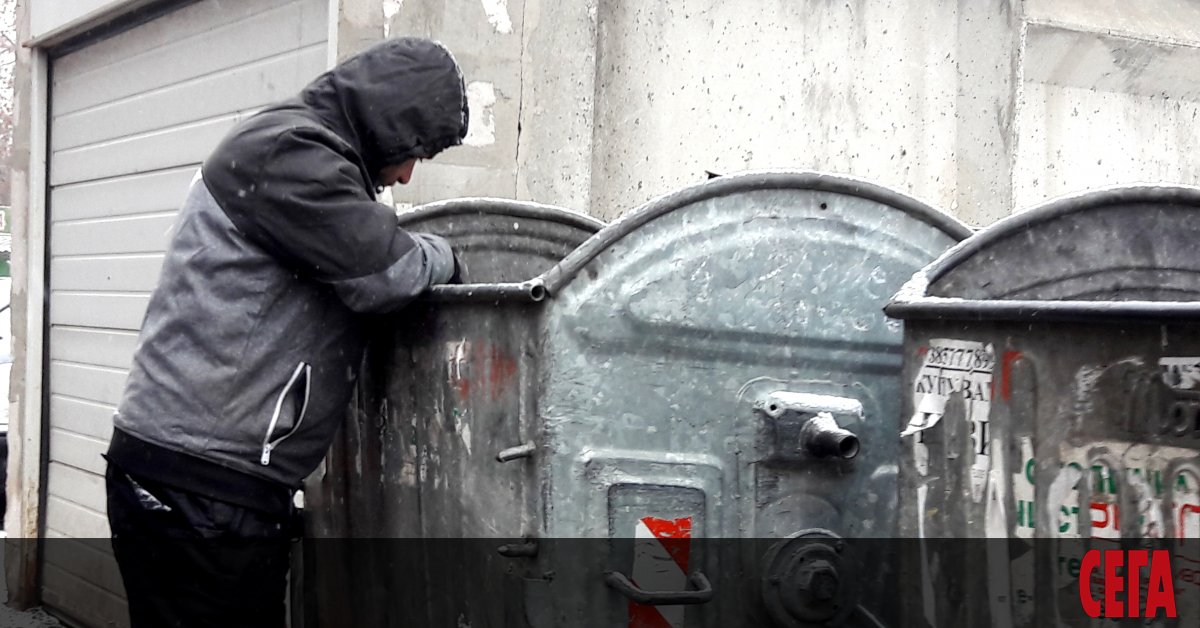This is the philosophy that makes people in the Balkans emigrate
Mass emigration is emptying the streets and homes of the Balkans, according to an AFP publication quoted by BGNES. The report gathers impressions from different countries. “It is better to be a slave for 2,000 euros in a foreign country than to be a slave for 300 euros at home,” AFP reporters in northern Macedonia heard the refrain. Bulgaria does not appear in the report, but it is clear that the findings also apply to it. Here are parts of it:
Abandoned shops and mostly empty streets
show few signs of life in Valandovo
in northern Macedonia, where young people are fleeing en masse in hopes of finding a better life abroad. Like much of this slum in Southeast Europe, this small Balkan country faces a demographic time bomb, fueled by an aging population, declining birth rates and mass migration. In the last 20 years, Northern Macedonia has lost 10% of its population. According to the World Bank and the government, about 600,000 Macedonian citizens live abroad. The lack of investment has affected the country, which currently has only 1.8 million people. “If you have a little over 2.4 million citizens and more than a quarter of them have left the country, then you should be seriously worried about what is happening,” said Apostol Simovski, director of the country’s statistical office.
Villages and small towns such as Valandovo, 146 km from the capital, offer few jobs, forcing ambitious and capable people to look for work elsewhere. “The spirit of young people is being systematically trampled on,” said newly elected 33-year-old Mayor Pero Kostadinov. “The enthusiasm to fight and stay at home is lost.” In Valandovo alone, nearly 90 per cent of people’s incomes are linked to agriculture, a common denominator for all of northern Macedonia. “Five of my friends in our class of 20 students have already gone abroad with their families,” said Boyan Nikolov, 24, a member of the Valandovo youth municipal council.
After the declaration of independence and the break-up of Yugoslavia in 1991, many hoped that integration into the European Union would provide them with a lifeline. But Northern Macedonia’s path to EU membership has been repeatedly blocked – first by Greece and then by Bulgaria. This raised new doubts that the country would ever join, and led many to leave the ship. The monthly salary of those who remain is an average of 470 euros. “It is better to be a slave for 2,000 euros in a foreign country than to be a slave for 300 euros at home,” reads a popular refrain in northern Macedonia.
This is a ubiquitous picture throughout the Balkans.
According to Albanian government figures, about 1.7 million people, or about 37% of the population, have left the country in the last three decades. Hundreds of thousands have also left Serbia to relocate after the wars of the 1990s. “All countries in the Western Balkans are affected to varying degrees by emigration,” said Ilir Gedeshi, a professor of economics in the Albanian capital, Tirana. “The main reasons are economic, but in addition to them, social reasons are becoming more and more important.
Since joining the EU in 2013,
the croatian population has shrunk by nearly 10%.
The UN estimates that by the end of the century, Croatia will have only 2.5 million people. Demographers warn that the country’s small population may not be resilient enough to suffer further losses. In December, Zagreb tried to reverse some of the brain drain by promising Croatian emigrants to the EU up to 26,000 euros to return and start a business. But for some areas, it may be too late. Inscriptions “For Sale” are wise in the eastern region of Pozega, one of the worst affected by the war in the 1990s. According to official figures, more than 16% of the district’s population of nearly 80,000 has left in the last decade.
“On my street, a third of the houses are empty,”
says 39-year-old Igor Kanchar from nearby Brestovac. Among them are his sister, who moved to Austria with her husband and two children, as well as most of his close friends. “If we want young people to stay, we need to build a kindergarten and help them build houses,” Kanchar added.
He added: “The last train is leaving, and we are doing nothing but standing on the platform and moving.”
–


